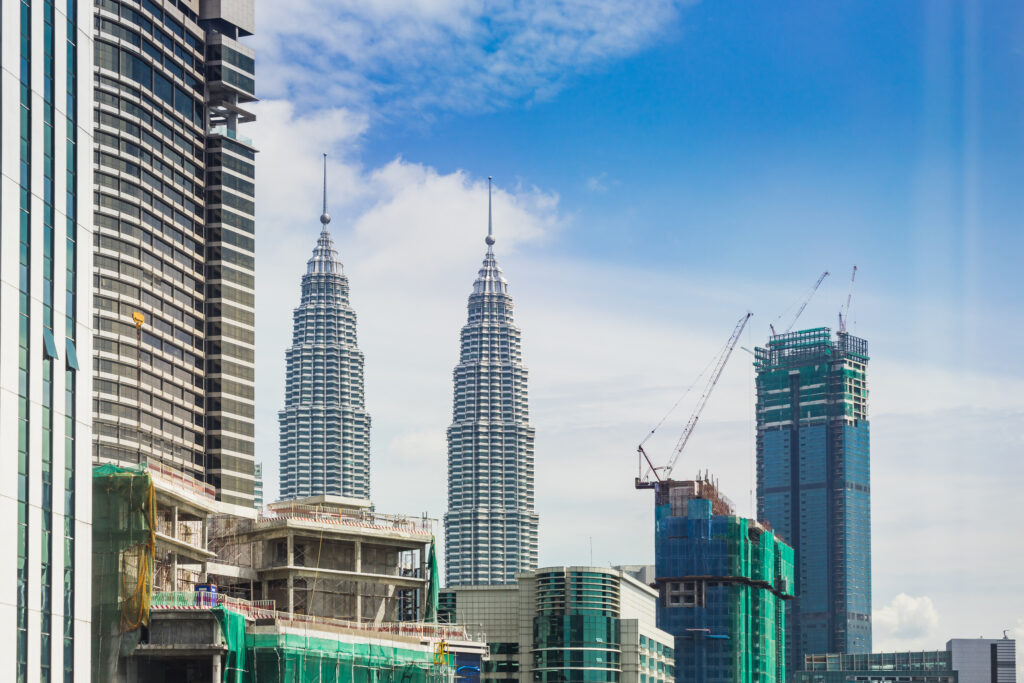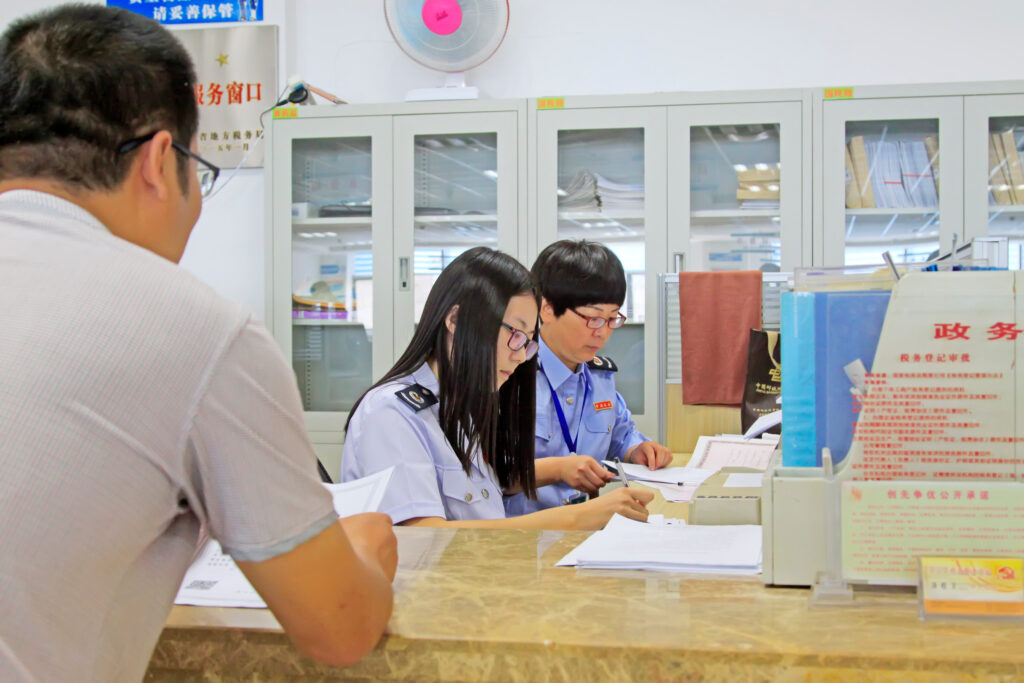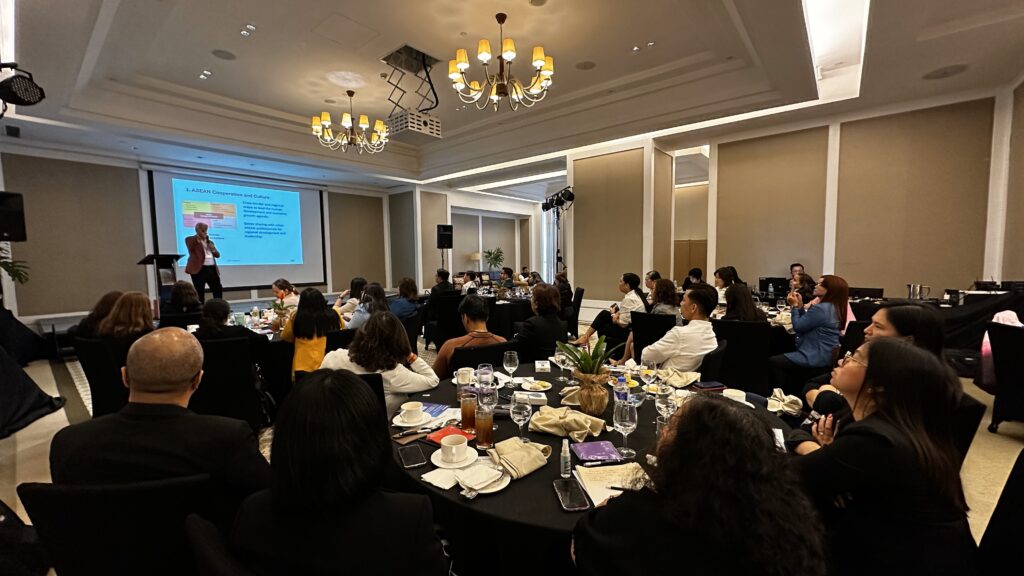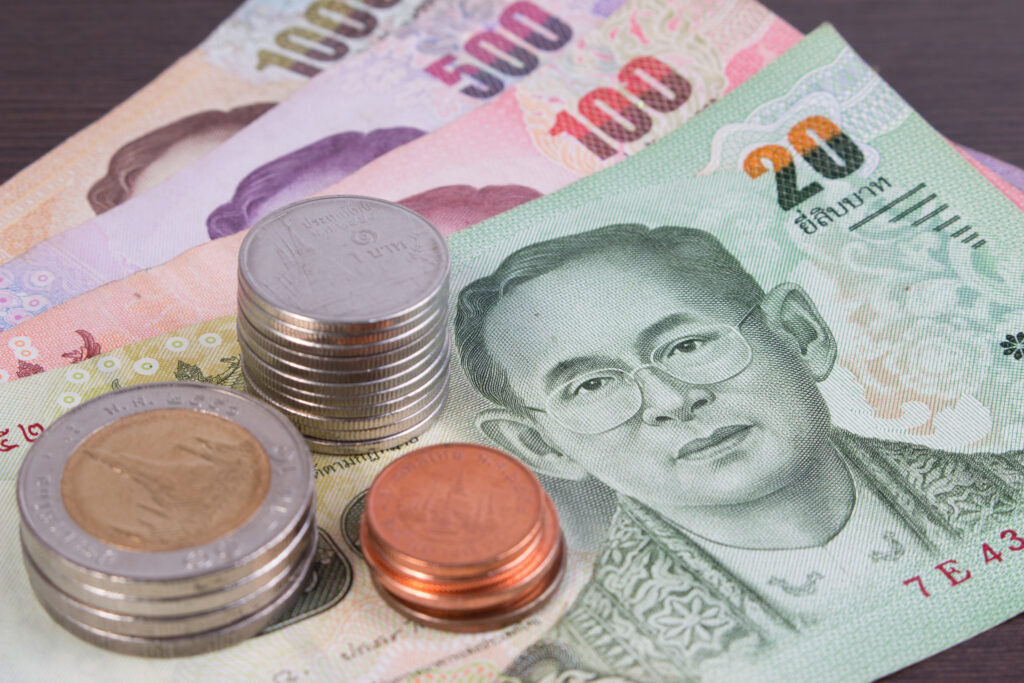Japan’s smaller firms face wage hike hurdles

Small organisations in Japan face hurdles in meeting wage targets, threatening real wage growth amid persistent inflation.
New Zealand eases visa rules to attract digital nomads

New Zealand eases visa rules, inviting digital nomads to work remotely for up to 90 days to boost tourism and the economy.
From flexibility to financial stability: Supporting platform workers’ success in 2025 and beyond

As festive demand boosts platform work, addressing their financial wellbeing through education becomes even more critical.
Singapore’s workforce brims with optimism while Hong Kong’s faces uncertainty, MDRi survey reveals

Health and financial stability dominate priorities in Singapore and Hong Kong, with happiness metrics highlighting generational and economic disparities for 2025.
Cushman & Wakefield names new people partnering director

She will drive HR strategy at Cushman & Wakefield, overseeing Singapore and Malaysia temas to align regional and global objectives.
Creative skills: A must-have beyond traditional roles, says SkillsFuture Singapore report

Creative skills like design and branding are increasingly valued across industries, with demand growing beyond traditional creative roles since 2019.
Balancing ethics and productivity in return-to-work processes

Navigating the return-to-work process after mental health leave reveals ethical dilemmas and conflicting goals among key stakeholders.
Vietnam HR: Driving change, fostering engagement, and building a competitive edge

RMIT University Vietnam’s Elaine Chew shares insights on how HR in Vietnam is adapting to a dynamic workforce, navigating digital disruption, and embracing a more egalitarian workplace.
Malaysia allocates RM10 million to strengthen trade union movements

The Malaysian government boosts trade union empowerment with RM10 million funding for skills training, technology adoption, and leadership development.
Empowering careers, elevating experiences: HomesToLife’s holistic approach to talent retention

HomesToLife enhances talent retention by fostering career mobility, continuous skill development, and a culture of growth and adaptability.
South Korea faces slow job growth amid economic challenges

South Korea’s job market slows in 2024 with key sectors shedding jobs and younger employees facing dwindling opportunities.
Toyota mandates return to office for North American salaried staff

Toyota’s RTO mandate emphasises mentoring, growth, and culture, aligning with trends among major employers like Amazon and JPMorgan Chase.
Navigating the rising tide: Managing employee health benefits in the Philippines

Amid surging medical inflation in the Philippines, organisations are rethinking employee health benefits to tackle rising costs effectively.
Singapore’s talent paradox: Employers seek tech wizards, jobseekers prioritise practicality

Balancing high-tech hiring with jobseekers’ preference for practical roles is the key challenge facing HR in Singapore’s evolving job market.
Malaysia’s job market poised for stability in 2025

Investments are driving Malaysia’s job growth, boosting household spending, and sustaining a post-pandemic unemployment low of 3.2%.
Indonesia to launch National Productivity Board to boost economic growth

Manpower Minister Yassierli announced plans to launch Indonesia’s National Productivity Board, aiming to boost competitiveness and drive economic resilience.
How Singapore’s new FWA guidelines shape the future of business

Deel’s Karen Ng highlights how Singapore Tripartite Guidelines on FWA positions organisations to attract global talent and foster agility.
Singapore’s Workplace Fairness Legislation moves closer to reality

Singapore’s Workplace Fairness Bill aims to combat discrimination, protect employees, and balance business needs with equitable hiring practices.
South Korea’s female employment and labour participation rates lag among OECD nations

The country is ranked 31st in female employment among OECD nations, highlighting persistent challenges in advancing workplace gender equality.
Access Group strengthens global network with appointment of Lim Chee Gay as MD in Kuala Lumpur

Access Group names Lim Chee Gay as Managing Director of its Global Operations Centre in Kuala Lumper, strengthening its global network and driving innovation and operational excellence.
Malaysia pushes for Progressive Wage Policy amid employer concerns

Malaysia’s Progressive Wage Policy aims to address income inequality, offering incentives to employers and raising salaries for employees.
China grants surprise pay hikes to millions of government employees

China implements retroactive salary increases averaging 500 yuan, its first nationwide public-sector pay adjustment since 2015 to boost spending power.
Organisations in Singapore turn optimistic despite challenges

Organisations are showing renewed confidence, with 40% satisfied with the current business climate and optimism for economic growth on the rise.
China implements gradual retirement age increase

China’s new retirement guidelines empower employees with flexible retirement options, balancing phased age increases with protections for employees’ rights.
CHRO Philippines: Transforming HR strategies for growth and innovation

Join top HR leaders at CHRO Philippines this February to explore innovative strategies shaping the future of work.
Talent development trends in the Philippines

Talent development in the Philippines is evolving rapidly, driven by digital transformation, continuous learning, and the demand for soft skills, says Dr Virgel C. Binghay.
The surprising power of employee choice in workplace wellness

Dr Caroline Burns of Workplace Revolution highlights how empowering employees with choices in wellness can transform organisational culture and productivity.
Thailand to raise minimum wage and launch new tax breaks in 2025

Thailand’s selective minimum wage hike balances regional economic disparities, with five areas receiving 400 baht and others averaging 2% increases.
Hyatt strengthens DEI commitment to create more inclusive workplaces in Asia

Hyatt’s commitment to DEI is at the core of its people strategy, with initiatives like the Diversity Immersion Programme shaping the future of hospitality.
APAC HR leaders prioritise talent, technology, and wellbeing

HR leaders in Asia-Pacific are revolutionising workplaces by addressing talent challenges, embracing technology, and prioritising human-centred strategies.
